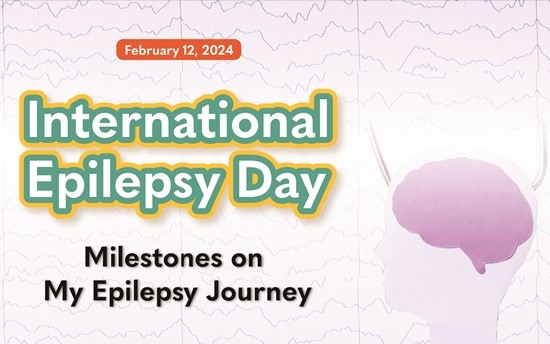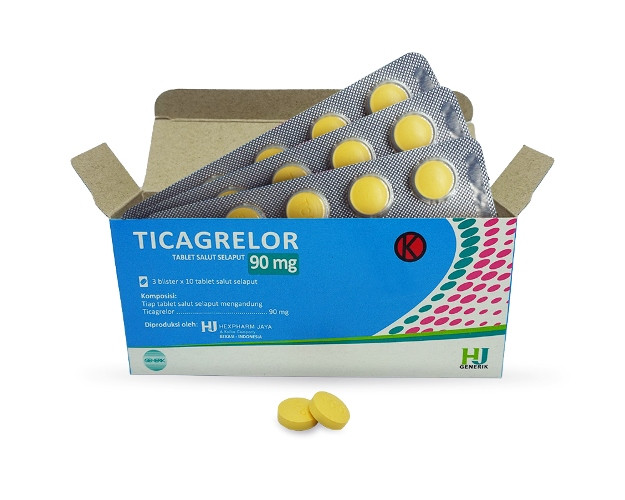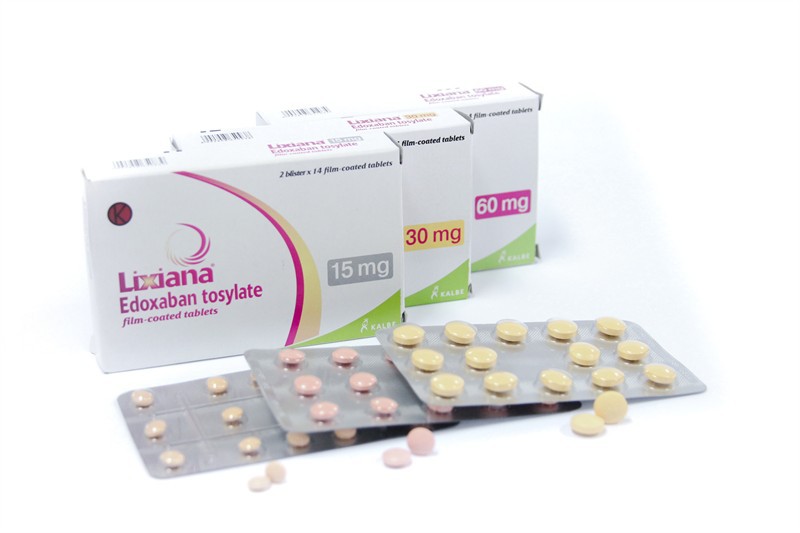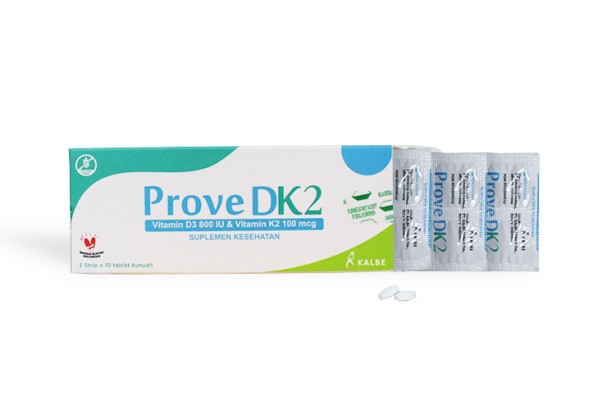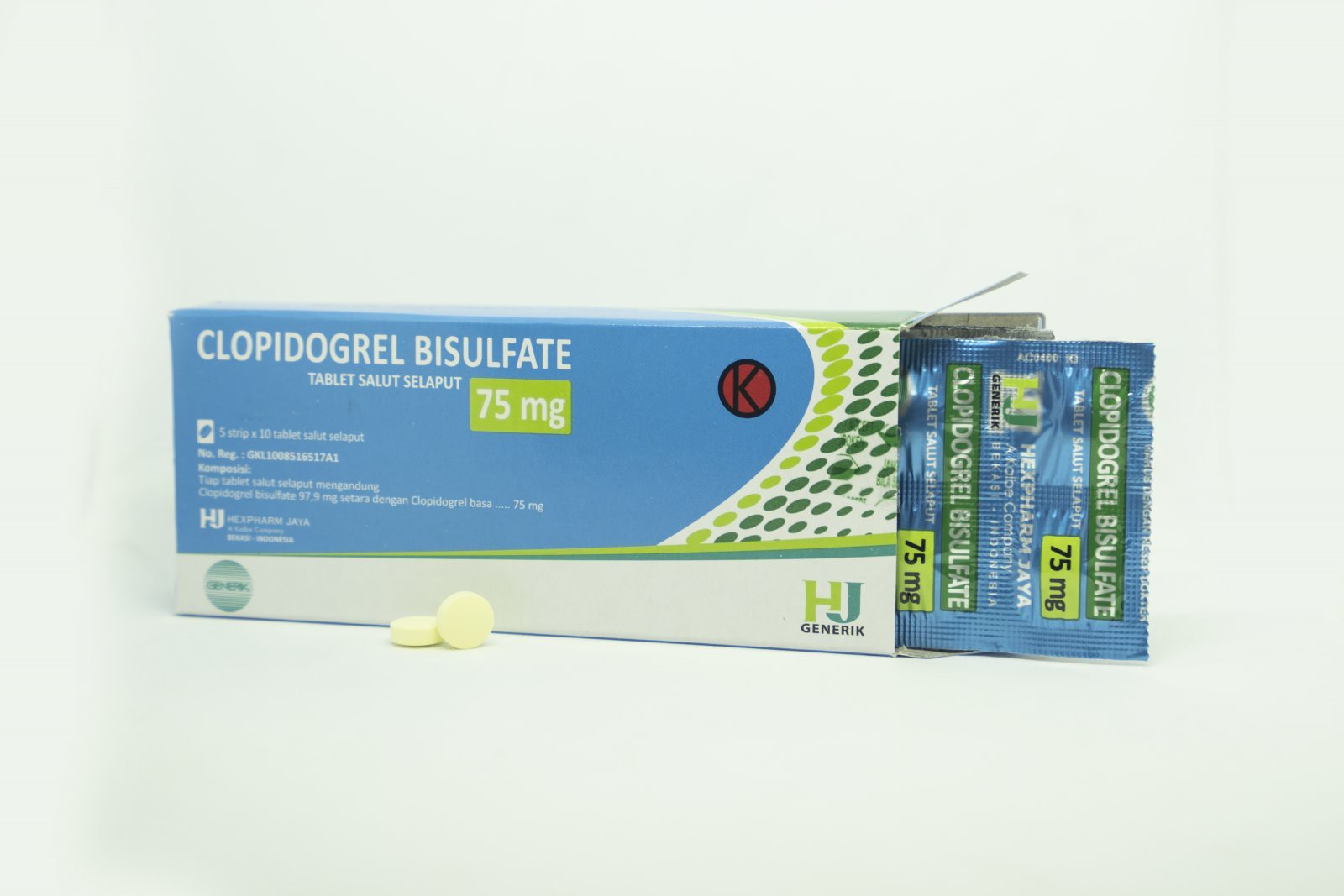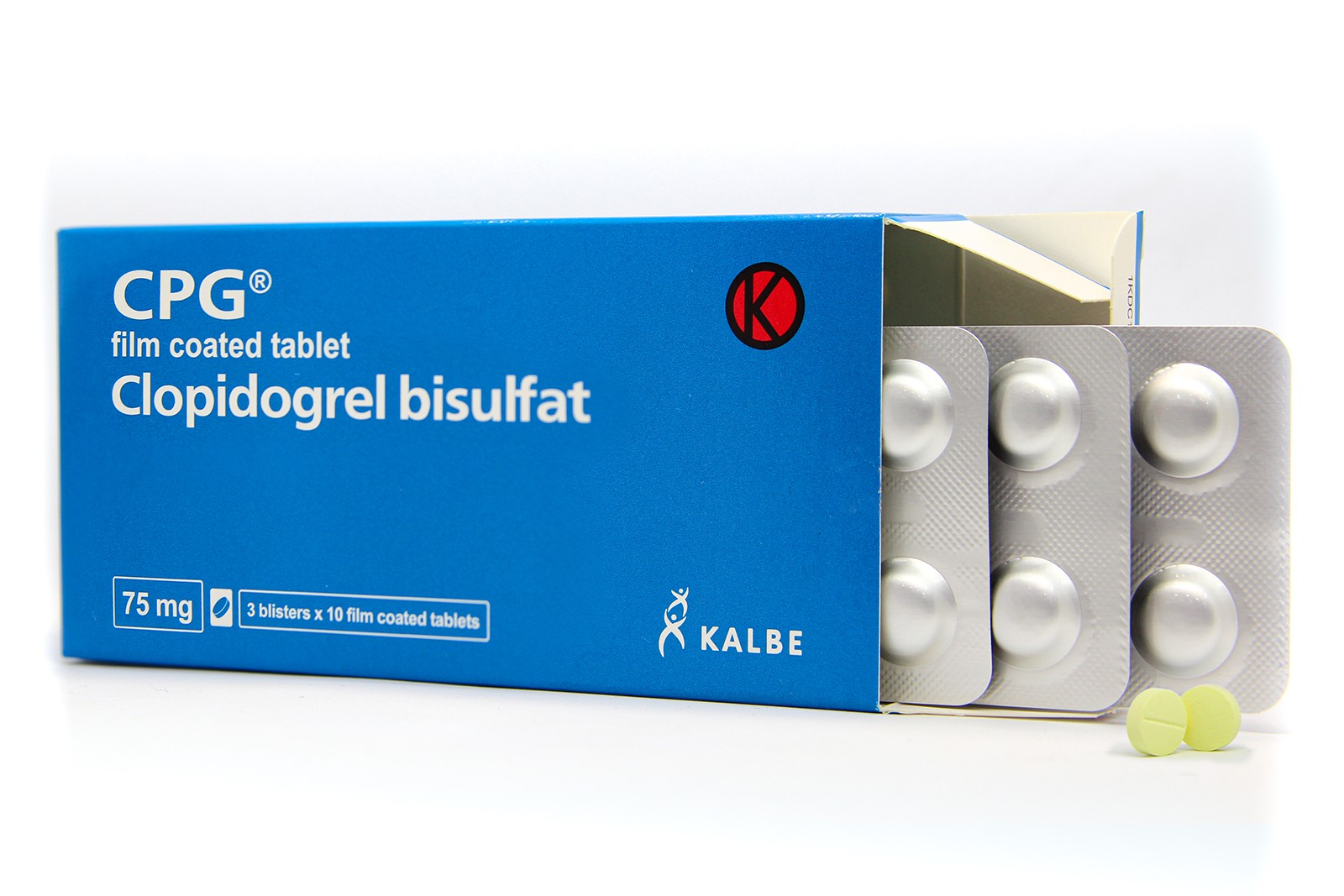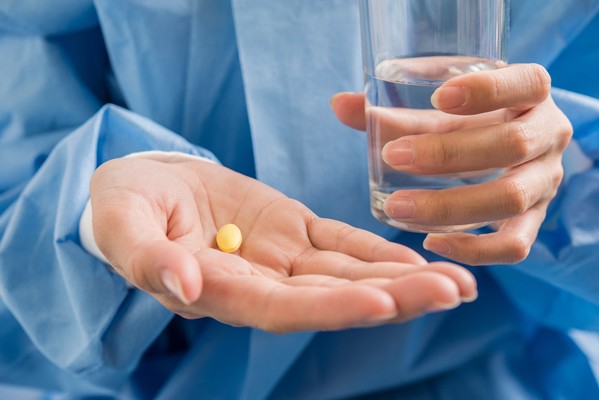
Serum levels of vitamin D or 25(OH)D have a clinically important role in bone and muscle function, cardiovascular disease, autoimmune diseases, and some types of cancer. From the majority of studies demonstrated statistical improvements in motor function, mobility, and stroke impairment with vitamin D supplementation; however, the evidence does not support improvements in daily activity with supplementation.
Vitamin D deficiency after stroke may be associated with limited sunlight exposure and reduced intake of vitamin D-rich foods. Other data suggest that previous vitamin D deficiency may lead to a worsening of stroke outcome, rather than being a sequela of stroke itself.
A study of acute ischemic stroke patients found that lower serum vitamin D levels at admission to acute care were inversely associated with stroke severity, as measured by the National Institute of Health Stroke Scale and infarct volume. Furthermore, low vitamin D levels were associated with poor outcomes as measured by the modified Rankin Scale at hospital discharge, after 3 and 6 months post-stroke. Other study also show a significant improvement in stroke outcomes after 3 months in patients given vitamin D supplementation, so screening for vitamin D deficiency in stroke patients is important and vitamin D supplementation can improve stroke outcomes.
A systematic review was conducted to explore the effects of vitamin D supplementation on functional outcomes (motor function, mobility, daily activities, and stroke impairment) in post-stroke patients. Article data sources were taken from MEDLINE, PsyINFO, EMBASE, and CINAHL which were published until March 5, 2023.
The study data selected were studies that assessed vitamin D supplementation compared with placebo or usual care in adult stroke patients. Of the 43 studies, 10 studies met inclusion criteria (8 randomized controlled trials and 2 non-randomized studies of intervention).
Motor function (Brunnstrom Recovery Stage, Berg Balance Score), mobility (Functional Ambulation Category), daily activities (Barthel Index, Functional Independence Measure), and stroke impairment (modified Rankin Scale, National Institutes for Health Stroke Severity, Scandinavian Stroke Severity) were the outcome measures of interest reported in the included studies. The results showed that in total, 691 patients were studied for which 11 of 13 outcome measures showed improvement with vitamin D supplementation.
It was concluded that the majority of studies demonstrated statistical improvements in motor function, mobility, and stroke impairment with vitamin D supplementation; however, the evidence does not support improvements in daily activity with supplementation. Strong, methodologically sound, randomized controlled trials are required to verify these finding.
Image: Illustration (Source: jcomp-Freepik)
References:
1. Fleet JL, McIntyre A, Janzen S, Saikaley M, Qaqish M, Cianfarani R, et al. A systematic review examining the effect of vitamin D supplementation on functional outcomes post-stroke. Clinical Rehabilitation 2023;37(11):1451-66.
2. Narasimhan S, Balasubramanian P. Role of vitamin d in the outcome of ischemic stroke - A randomized controlled trial. J Clin Diagn Res. 2017;11(2):CC06–CC10.









